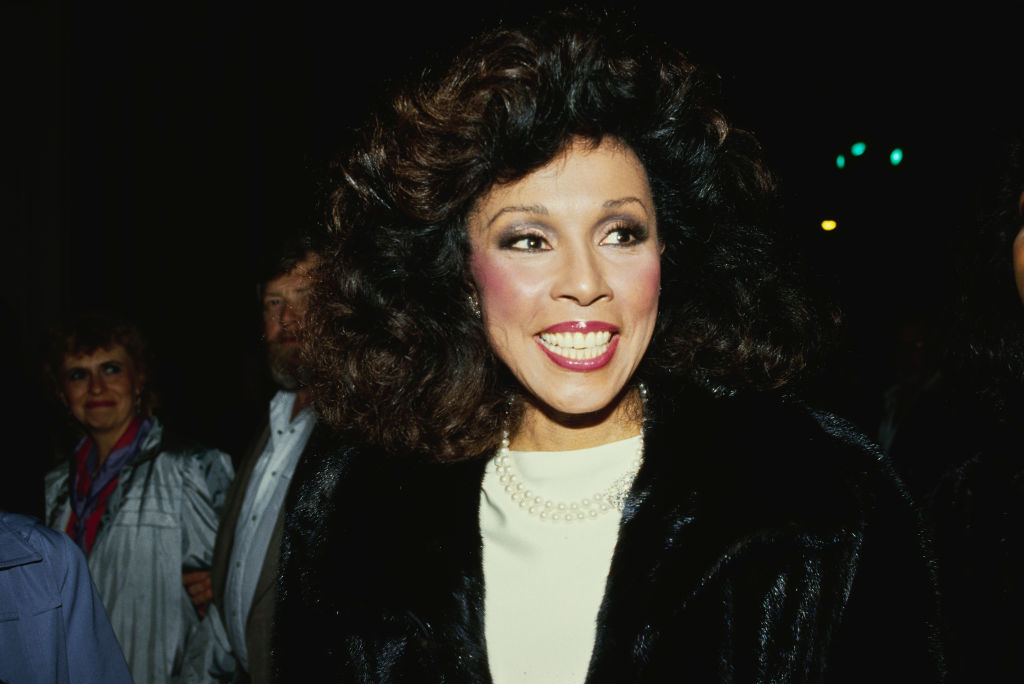
Source: Michael Ochs Archives / Getty
The film and television industry has historically shut out women — particularly Black women — but a select few legends kicked in the door, paving the way for others. These are the iconic stars of Black Women’s History Month.
Evelyn Preer
Evelyn Preer is often considered the “First Lady of the Screen,” and was one of the first Black actresses to earn celebrity status. The goddess of theater was a favorite of director Oscar Michaeux, who made her the lead in 10 of his films.
The star’s most notable role was in the movie Within Our Gates (1920) – Michaeux’s only surviving film. Many considered it a response to The Birth of a Nation, which had just been released five years earlier. The movie shined a spotlight on controversial issues of the time, like white supremacy, the suffrage movement which excluded Black women, and government underfunding schools for Black children. Preer played a strong, educated and complex character – traits rarely seen in the roles offered to Black women at that time.
Cheryl Dune
Liberian-born Cheryl Dune was the first Black lesbian to direct a feature-length film that received critical acclaim. Dune wrote, directed, starred in and edited her film The Watermelon Woman, from 1996. The movie is a romantic comedy-drama about a young woman working in a video store, when she gets inspired to create a documentary about Black actresses who received no credit for the stereotypical “Mammy” roles in films from the 1930s.
The Library of Congress found the work to be so culturally and historically important that they chose to preserve it in the U.S. National Film Registry. Today, the Museum of Modern Art owns the film.
Diahann Carroll
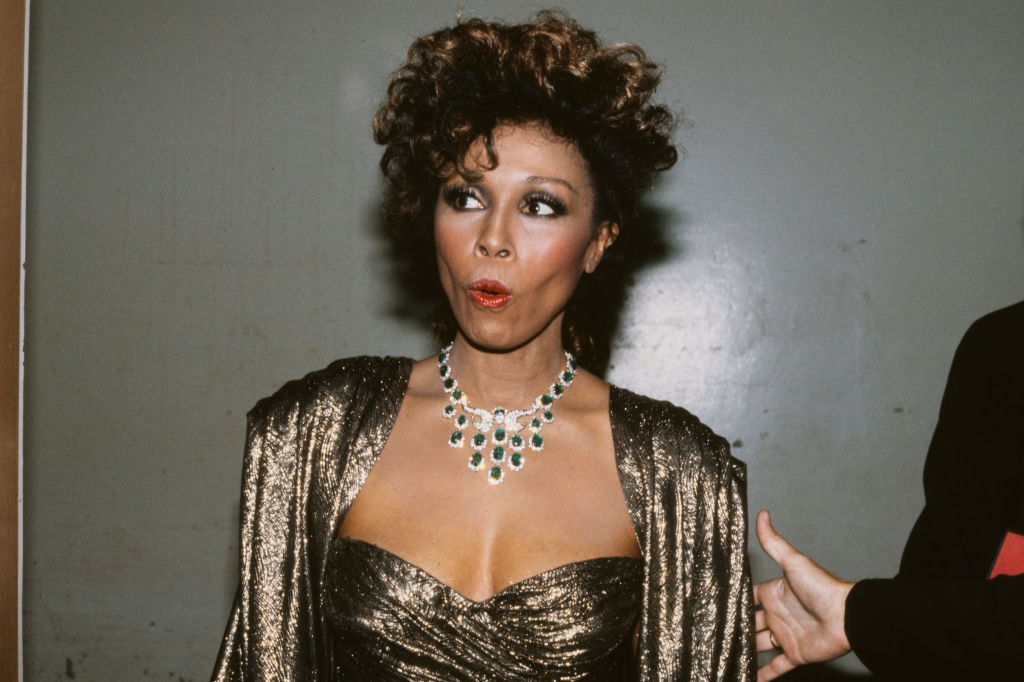
Source: Michael Ochs Archives / Getty
Diahann Carroll was the first Black woman to star in a TV show in a non-stereotypical role when she landed the lead in the 1968 series Julia. The NBC series ran for 86 episodes and told the story of a nurse raising her son on her own after her husband died in the Vietnam War.
The actress’ role in the show was so novel for the time that the makeup department wasn’t even prepared with makeup for her skin tone.
Carroll ultimately won a Golden Globe Award for Best TV female star for the role. She also won a Tony Award for Best Leading Actress in a Musical for her role in No Strings. Carroll worked all the way through 2016 when she took her final role in the movie The Masked Saint.
Lena Horne
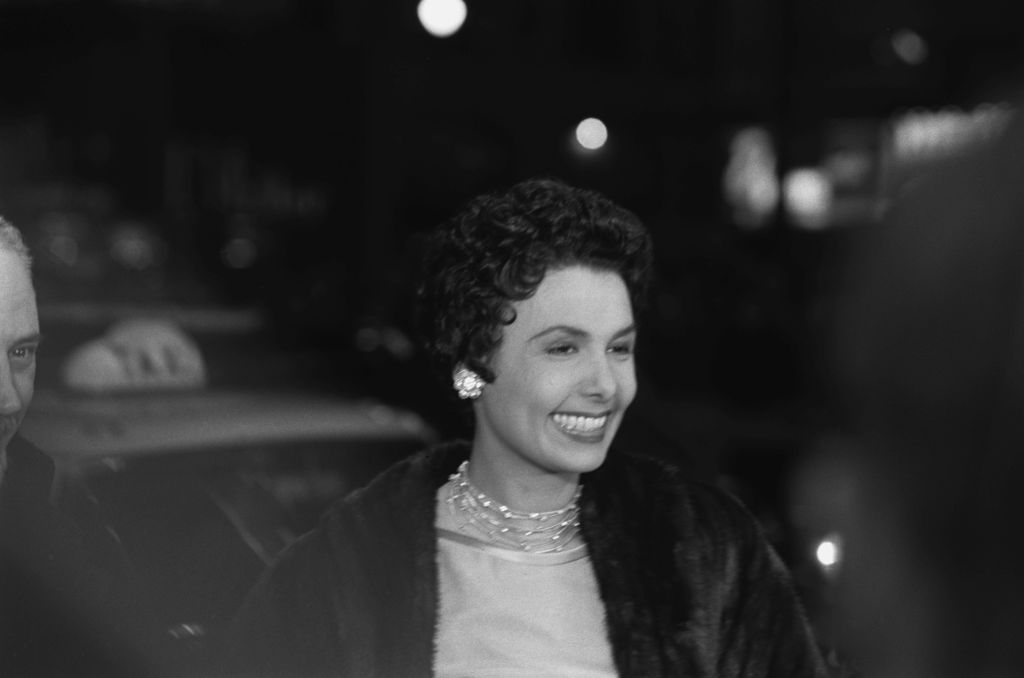
Source: Michael Ochs Archives / Getty
Lena Horne is a renowned singer and actress who gained stardom in the 1940s. Horne was one of the first entertainers to successfully cross the color line, singing in the predominantly white Charlie Barnet Orchestra. She was also the first Black woman to land a contract with a major Hollywood studio. In her contract, Horne had it written that she would never play a maid in a film. Horne was dedicated to fighting the stereotyping of Black women in film and television.
Horne was such a vocal political and civil rights activist that she was even blacklisted from working in film and TV for some years. But, that did not stop her from having an incredible career. Horne was in the award-winning film The Wiz, and toured with her own one-woman show in the 1980s. In 1989, she won a Grammy Award for Lifetime Achievement.
Julie Dash
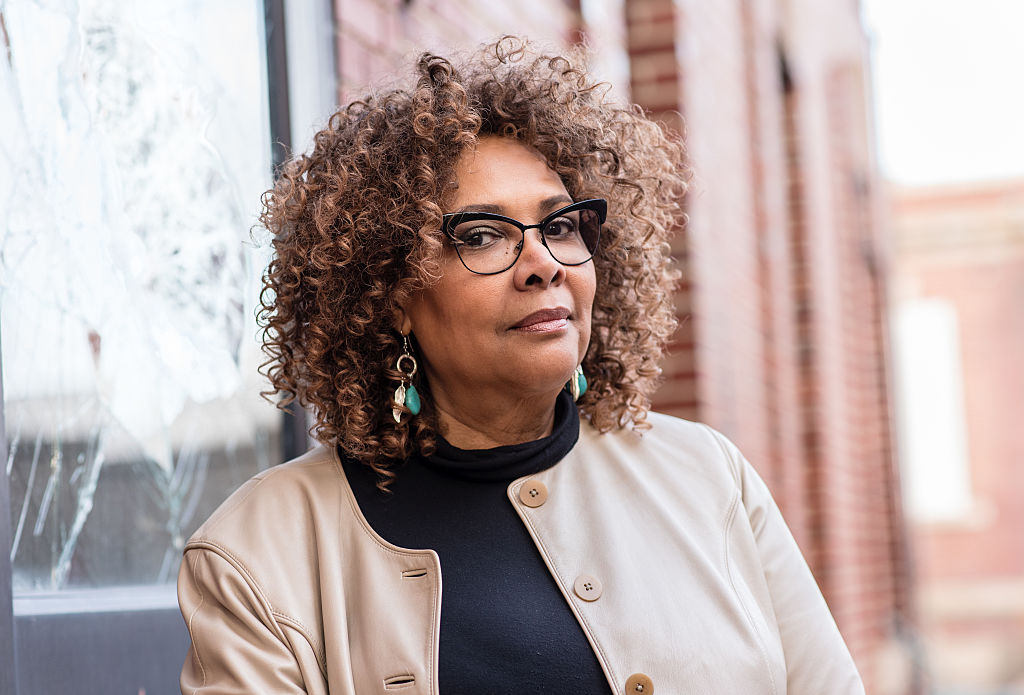
Source: The Washington Post / Getty
Julie Dash directed Daughters of the Dust in 1991, making her the first Black woman to direct a film that got a national theatrical release. The wildly popular film eventually inspired a novel by the same name, which was praised by none other than the great Toni Morrison (who was, poetically, a great inspiration for Dash).
No other story had been told like this about the Black experience before. Daughters of the Dust was an intimate look at the tension African Americans have felt between the pressures to honor their diasporic heritage while assimilating to a white-washed culture. Featuring several generations of women, the film created an opportunity for audiences to “Glimpse at what Black womanhood appears on screen in different bodies, different attitudes and different voices,” as described in one Medium article.
Cicely Tyson
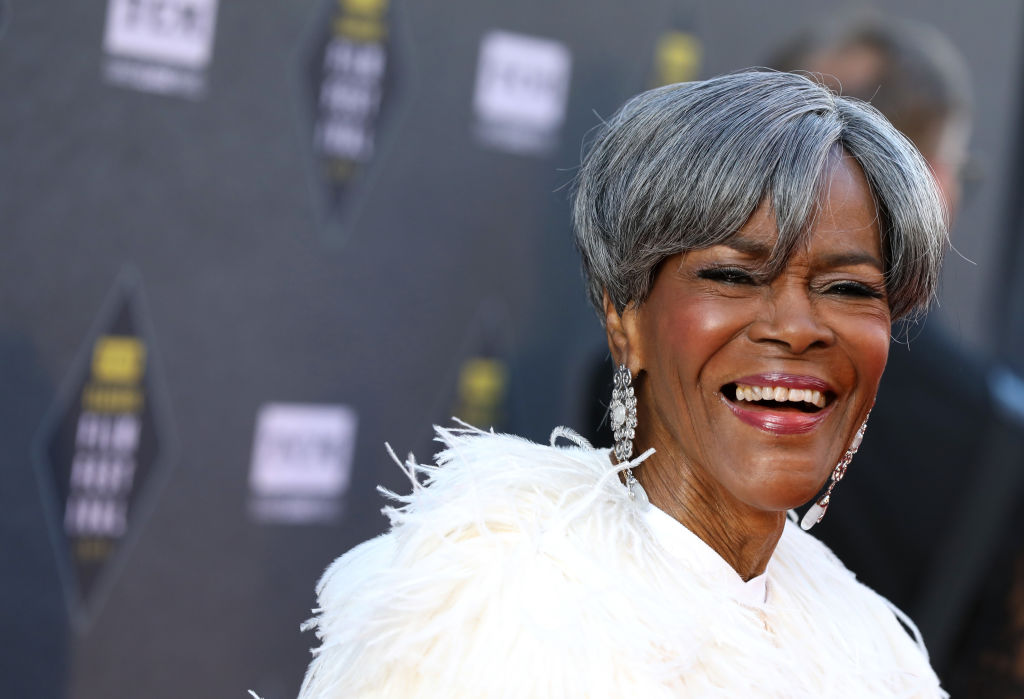
Source: Variety / Getty
Cicely Tyson is seen as one of the role models of the Black is Beautiful movement because she was one of the first TV stars to wear her hair naturally. Tyson starred in the longest-running off-Broadway show, an anti-colonial play called The Blacks that ran in the 1960s. Later, when she landed the role of a secretary on CBS’s East Side/West Side, Tyson became the first Black woman to have a continuing role in a dramatic series.
However, it wasn’t until her starring role in the 1972 film Sounder that Tyson embarked on a journey of playing a string of strong, intelligent characters. She eventually refused to play any role that was demeaning to Black women – a decision that put her out of work for long stretches of time. But, her resilience paid off, and in 2013 she won a Kennedy Center Honor for “a lifetime of powerful performances in roles that shattered boundaries for African American women.”
Until the late 1900s, the roles available to Black female actresses were often limited, demeaning and perpetuated stereotypes and those entertainers never portrayed main characters or love interests. An industry rule called “The Hays Code” created in the 1930s prohibited interracial romance on screen. Often, Black actresses were relegated to roles of maids, servants and sex workers. Even movie-goers experienced discrimination, with drive-thru movies being segregated until the 1960s.
Getting to where we are today has been anything but easy, and we still have a ways to go. Currently, only 11 percent of Black actors and actresses have lead or co-lead roles in films. Only four percent of film writers are Black. Nonetheless, we have passionate, dedicated Black women to thank for the progress that has been made.
Inch by inch, milestone by milestone, these women kicked down doors that the entertainment industry tried to keep closed to Black women.
Salute!









